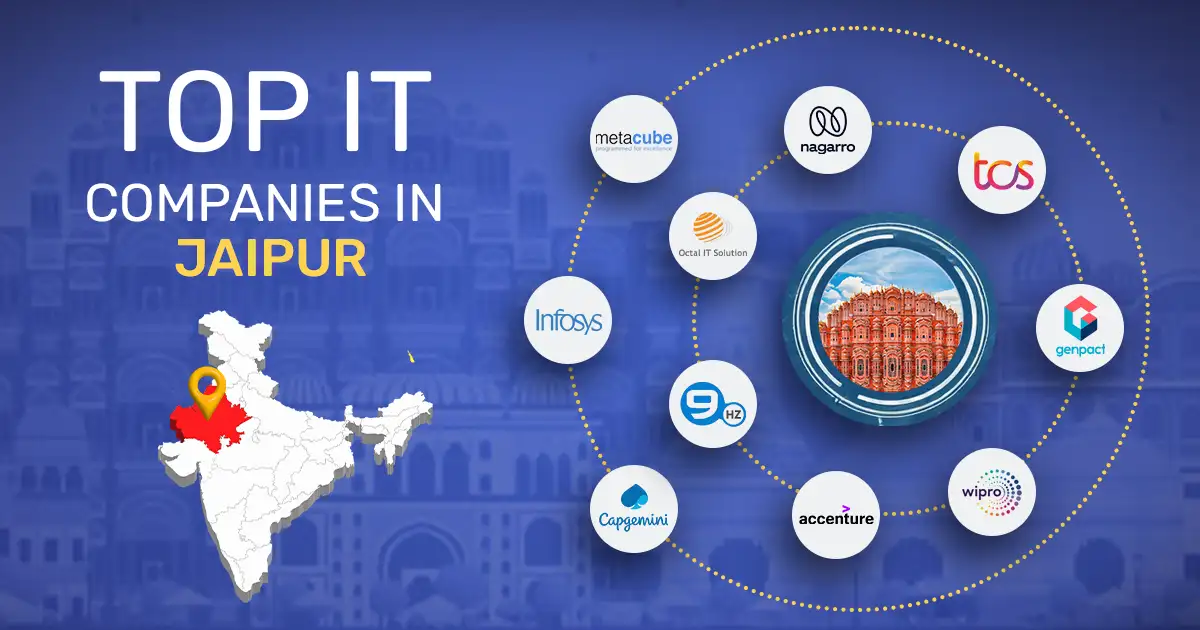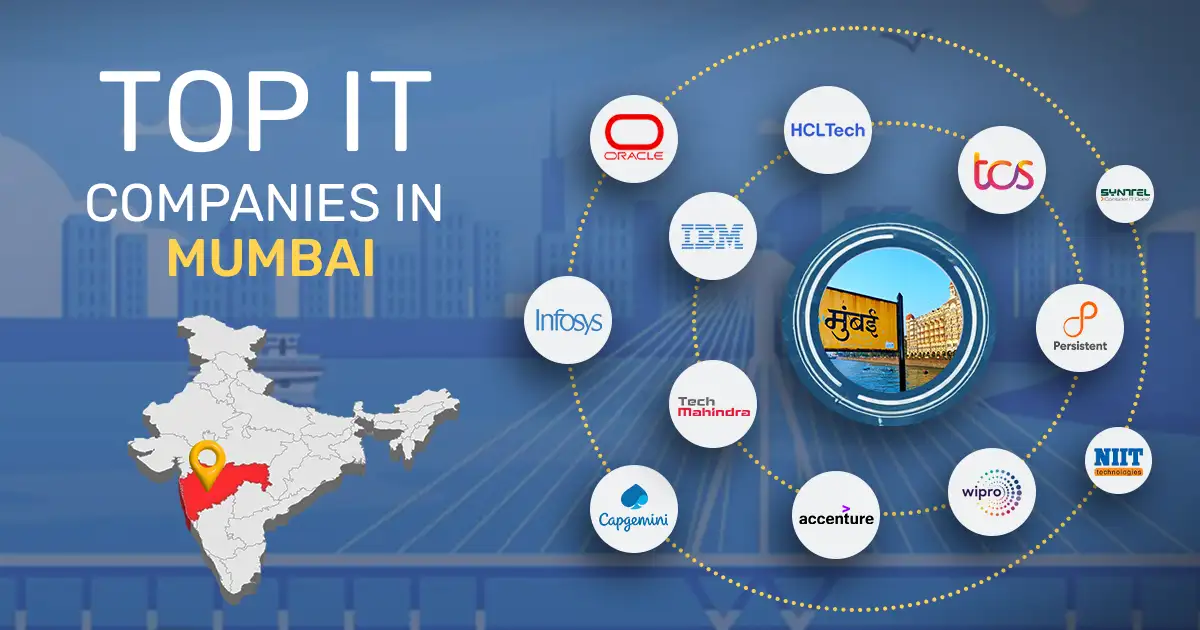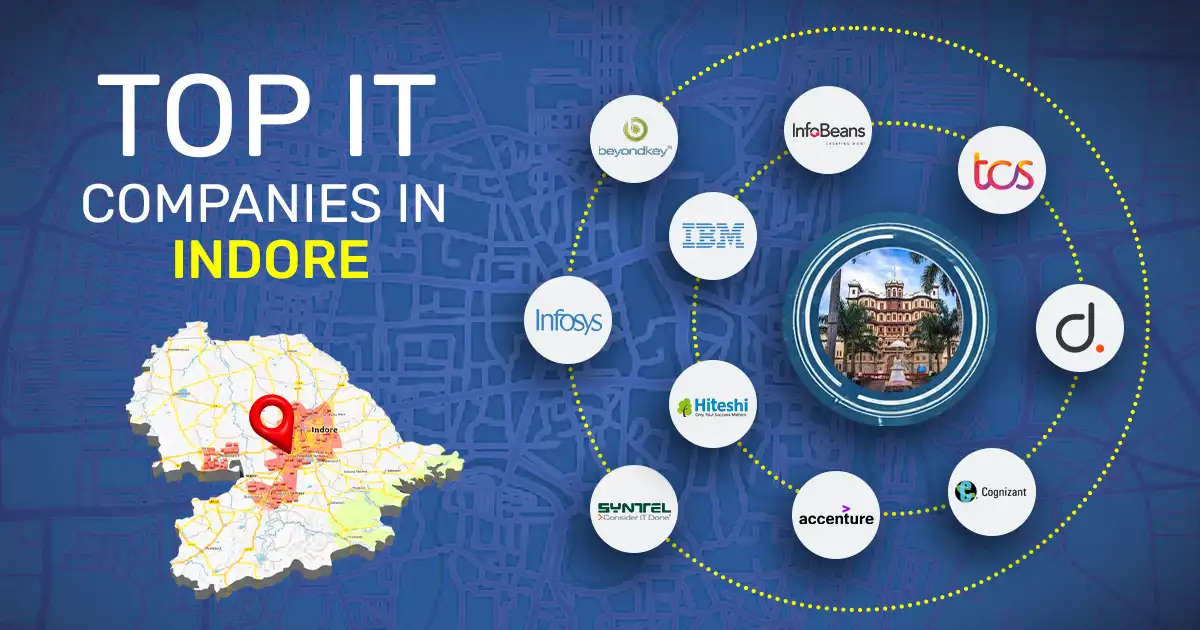
Advantages of Sole Proprietorship: Key Benefits and Disadvantages
A Sole Proprietorship is the simplest and most common form of business structure owned and operated by a single individual. In this type of business, there is no legal distinction between the owner and the business entity. The primary advantages of Sole Proprietorship is that the proprietor owns all assets and is free to make all decisions.
In India, a Sole Proprietorship is highly favored by small business owners due to its ease of formation, minimal compliance requirements, and direct control over operations. It is particularly popular among freelancers, small retailers, and service providers who want to start a business with minimal investment.
In this article, we will discuss the primary advantages and disadvantages of Sole Proprietorship, along with the importance of legal registration.
Key Benefits of Sole Proprietorship Registration in India
Along with prime ownership and easy compliance, there are multiple advantages of registering as a Sole Proprietorship. They are:
1. Easy and Quick Setup
- Minimal Documentation: Basic documents such as PAN card, Aadhaar card, and proof of business address are required.
- No Mandatory Registration: Unlike other business structures, Sole Proprietorships do not need to register with the Ministry of Corporate Affairs (MCA).
- Faster Business Operations: The ease of setup allows entrepreneurs to start operations quickly without complex legal formalities.
2. Minimal Compliance Requirements
- Simplified Taxation: Business income is taxed as personal income, eliminating corporate tax complexities.
- No Mandatory Audits: Unlike private limited companies, Sole Proprietorships do not require annual audits unless turnover exceeds the prescribed limits.
- Less Regulatory Burden: Entrepreneurs do not need to file extensive reports with regulatory authorities.
3. Full Control and Decision-Making Power
- Autonomous Business Decisions: The proprietor has complete authority over business strategies, finances, and operations.
- Strategic Flexibility: Sole proprietors can pivot quickly in response to market hind changes without consulting partners or directors.
4. Lower Tax Burden
- Individual Tax Rates Apply: Business income is taxed under personal income tax slabs, which may be lower than corporate tax rates.
- Deductions for Business Expenses: Expenses such as rent, salaries, and operational costs can be deducted from taxable income.
5. Less Investment Required
- No Minimum Capital Requirement: Entrepreneurs can start their business with minimal funds.
- Low Operational Costs: The absence of mandatory audits and compliance reduces administrative expenses.

Legal and Tax Advantages of Sole Proprietorship in India
With minimal legal formalities and straightforward tax compliance, a sole proprietorship as a business structure provides full control, lower regulatory burden, and easier profit taxation.
1. Business Registration Process
While Sole Proprietorship Registration is not mandatorily required, doing so legally enhances credibility and facilitates smooth business operations:
- Shop and Establishment Act Registration provides legal recognition and is often required to open a current bank account.
- GST Registration is necessary if the annual turnover exceeds Rs. 20 lakh (Rs. 10 lakh for special category states).
- MSME Registration enables access to government benefits, subsidies, and easier loan approvals.
2. Taxation Benefits for Sole Proprietors
- Simplified Tax Filings: Business income is declared under the personal Income Tax Return Filing.
- No Double Taxation: Unlike companies, sole proprietors do not face corporate tax plus dividend distribution tax.
- Presumptive Taxation Scheme: Under Section 44AD of the Income Tax Act, businesses with a turnover of up to Rs. 2 crore can pay tax based on a presumptive income of 8%.
3. Compliance and Legal Formalities
- No Mandatory Statutory Filings: Unlike Private Limited Company Incorporation, sole proprietors do not have to submit annual financial statements.
- No Need for Separate Business PAN: A single PAN card can be used for both personal and business transactions.
- Fewer Regulatory Requirements: No requirement for board meetings, shareholders’ resolutions, or company incorporation filings.
Understanding the legal and tax advantages of a sole proprietorship helps business owners make informed decisions while maximising operational flexibility and tax efficiency.
Key Disadvantages of a Sole Proprietorship in India
While a Sole Proprietorship offers ease of setup, complete control, and minimal compliance, it also comes with certain limitations. Some of the primary disadvantages of Sole Proprietorship are:
1. Unlimited Liability
- Personal Assets at Risk: The owner is personally liable for business debts and obligations.
- No Protection Against Losses: Unlike companies, personal savings may be affected in case of business failure.
2. Difficulty in Raising Capital
- No Equity Funding: Investors typically prefer incorporated businesses.
- Limited Loan Accessibility: Banks may hesitate to lend large amounts to sole proprietors due to risk factors.
3. Business Continuity Risks
- No Perpetual Existence: The business ceases to exist in case of the owner’s death or retirement.
- Difficulty in Succession Planning: Transferring ownership is complicated compared to companies.
Conclusion: Is Sole Proprietorship Right for You?
Choosing a sole proprietorship depends on your business goals, risk tolerance, and long-term plans. While it offers simplicity, full control, and low setup costs, it may not suit businesses that require scalability, shared ownership, or liability protection. Understanding the advantages and disadvantages of Sole Proprietorship will help you decide whether this structure aligns with your entrepreneurial journey.
- Best for Small Businesses & Entrepreneurs: Sole Proprietorship is ideal for individuals seeking an easy-to-manage and cost-effective business structure.
- Lower Compliance, More Control: Entrepreneurs benefit from minimal regulatory requirements and full control over operations.
- Taxation Benefits: The individual tax rate applies, with deductions available for business expenses.
At RegisterKaro, we assist entrepreneurs with Sole Proprietorship registration, GST filing, MSME registration, and legal compliance. Get expert consultation to streamline your business setup process effortlessly.
Contact us today to kickstart your business within days, not months!
Frequently Asked Questions
The main advantages of sole proprietorship include easy formation, complete control over business decisions, minimal compliance, and low operating costs. Since the owner and business are the same entity, profits are fully retained by the proprietor. These benefits of sole proprietorship make it ideal for small businesses, freelancers, and first-time entrepreneurs in India.




